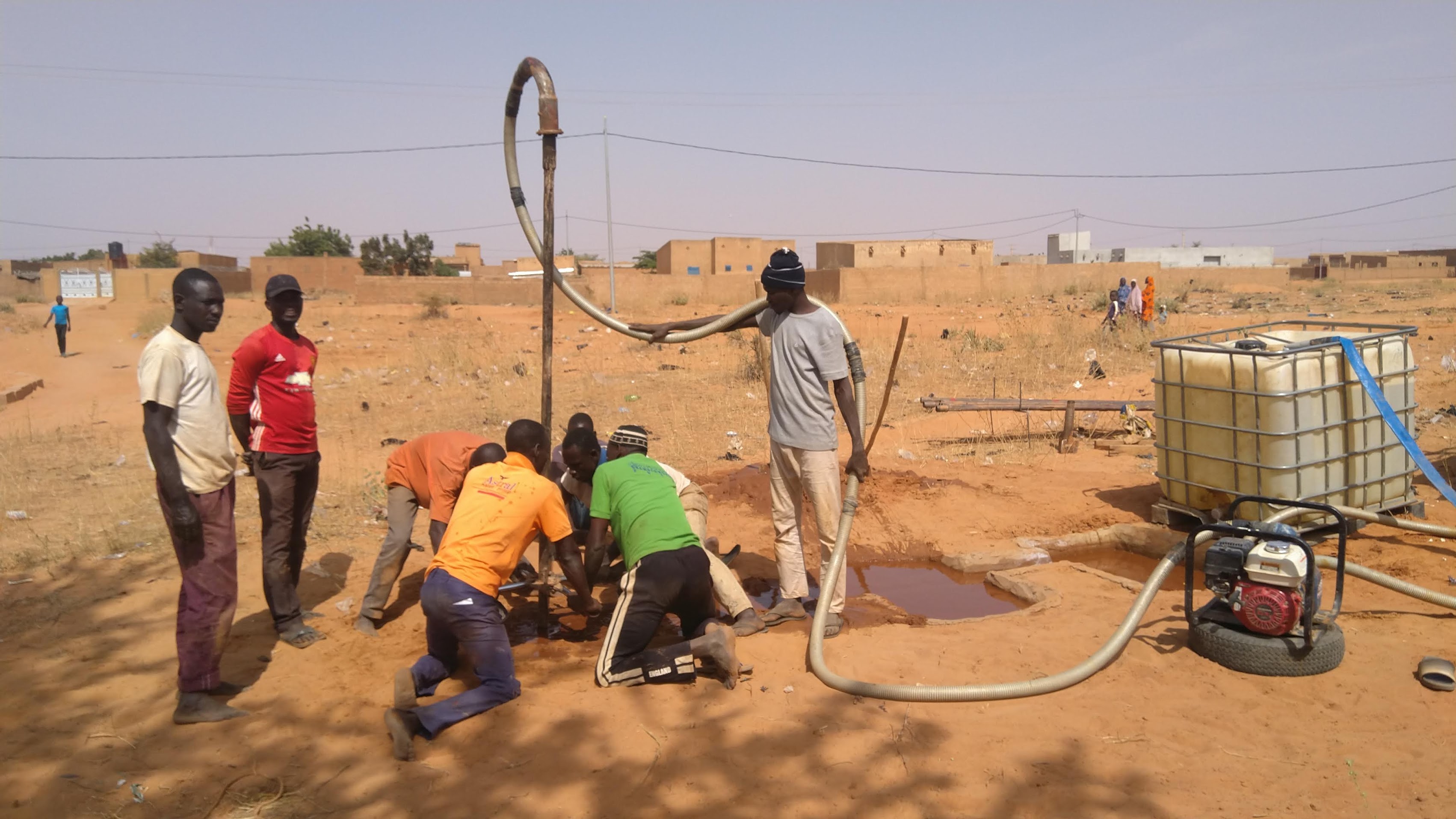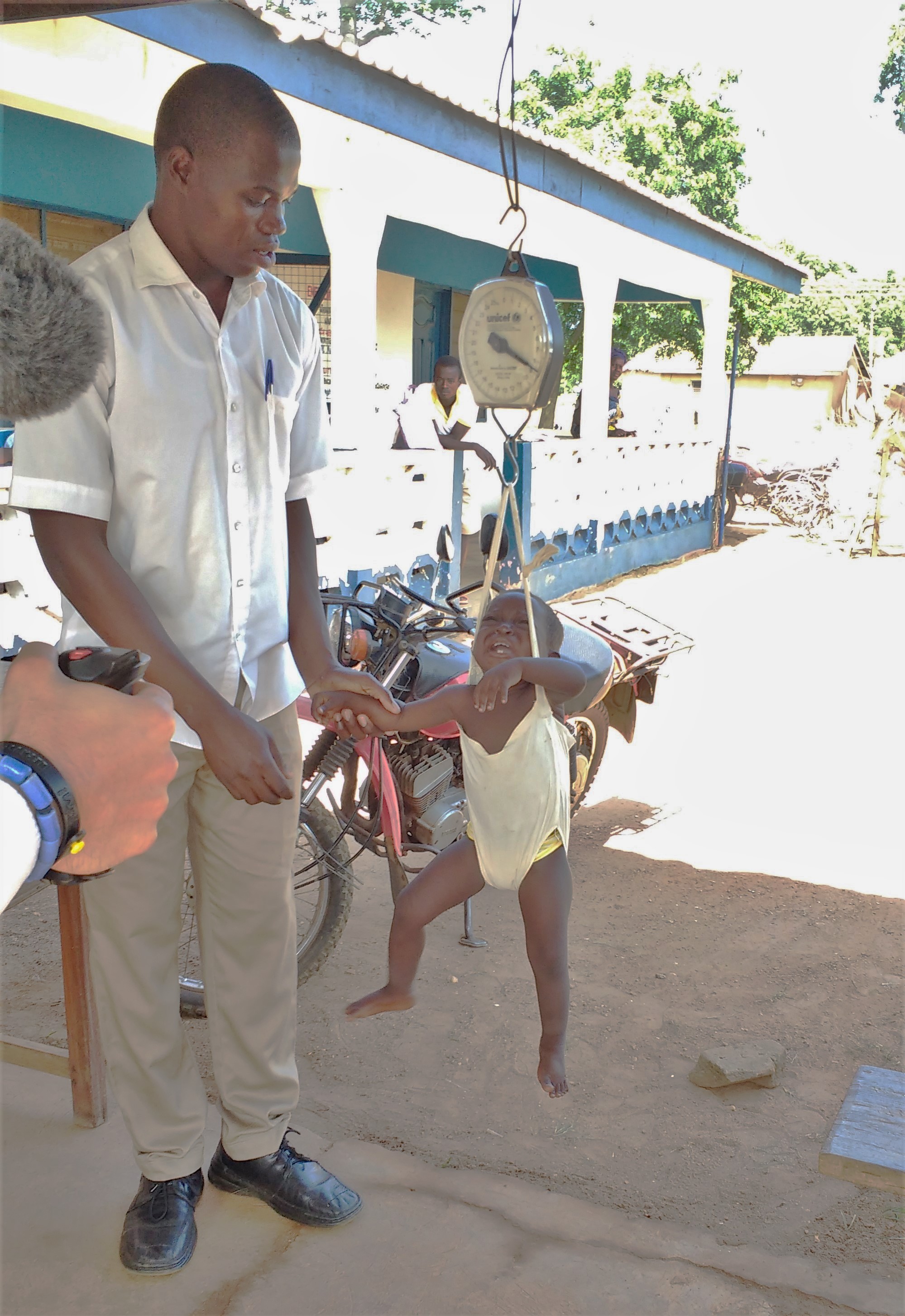A Letter from Josh Heikkila, serving in West Africa
Summer 2021
Write to Josh Heikkila
Individuals: Give online to E200353 for Josh Heikkila’s sending and support
Congregations: Give to D507520 for Josh Heikkila’s sending and support
Churches are asked to send donations through your congregation’s normal receiving site (this is usually your presbytery).
Subscribe to my co-worker letters
Dear friends,
“Why don’t Americans go to church much anymore?” I was asked this question some time ago during a visit I made to the Presbyterian Church of Nigeria. A man who attends one of their congregations heard I was visiting from the Presbyterian Church (U.S.A.), and he was curious to know more about us.
Not necessarily sure how to answer, I turned the question back to him. “Tell me why you think Nigerians do go to church, and maybe then I can explain better my understanding of churchgoing in America.” I found the response he gave me to be quite interesting.
Nigerians, he told me, go to church to pray for health, for a job and a steady salary, and for general stability in life. Wanting to learn more about this approach to faith, I continued asking him questions. “What if the person already has these things in life – health, money, and well-being? What, then, would be the reason to go to church?”
My new friend looked at me as if the answer was obvious. Nigeria is a very difficult country, he explained, where life is precarious, and everyone is struggling to get by. The person would go to church to pray fervently not to have these things taken away from them. You don’t want to risk your security and being on good terms with God in prayer is necessary for this.As our conversation continued, I remembered a time when I worked as a pastor in St Paul, Minnesota, and I went to visit a parishioner who was about to go into surgery. Before talking with this parishioner, I met with his family in the hospital waiting room, and the family begged me, “Please don’t pray when you go into the room, because if you do, he’ll think he’s dying.” The family saw prayer as a last resort, and they felt they weren’t yet at that point.
I think I smiled a bit and reassured them, “It’s ok to pray, even if you’re not dying.” Still, they asked me, “Just go in and show your concern, but don’t pray this time around.”
While, of course, I can’t speak for everyone in the United States, in the relatively affluent community in which I lived and worked, people were accustomed to seeing themselves with a good deal of control in life. If they fell sick, they went to the doctor. If they needed education or work, they had contacts and resources to turn to. Perhaps prayer was, in fact, the last resort for most people – the place you’d turn when all else had failed.
This made me wonder, is prayer only a first resort in a place like Nigeria, where you are confronted daily with issues of poverty and uncertainty, and where you often have nowhere else to go?
Together with our partners in West Africa, we in the PC(USA) are addressing issues of health, education, and development. In Niger, PC(USA) congregations and presbyteries are supporting the construction of wells and toilets, so people have better access to water and sanitation. In Ghana, we are helping to improve hospitals in rural areas, which primarily benefits women and children. These efforts are having a clear impact!
But I’ve also sometimes wondered if these efforts are laying the groundwork for a secular future. As we work to improve people’s access to health and education, is it only natural to expect prayer to fall by the wayside? Or is there a way for faith and prayer to remain central, even when people’s lives are stable and secure?
The late Ghanaian theologian and pastor Kwame Bediako once wrote that a gift the African church has to give to the Western world is the unity with which it approaches life. There is no separation of life into the secular and sacred or the material and spiritual, he explained. “Questions of human identity, community, ecological equilibrium, and justice,” he wrote, have answers that are fundamentally material and spiritual. The material and the spiritual are intricately intertwined.
I’m reminded of this when I read scripture like I Corinthians 12, which lets us know we are all part of the Body of Christ. If one member is suffering, all should be suffering with them, and if one member is rejoicing, all should be rejoicing. Or Romans 8, which speaks of all creation, including ourselves, groaning in labor pains.
When I see a problem around me, my first inclination as an American is often to think, what is the material solution to this problem? I think my friends from West Africa have also taught me to ask, what are the spiritual aspects of the problem, as well. Addressing them is just as important as addressing the material.
Recent surveys, I believe, have indicated that fewer and fewer people in the United States are finding a home in church. But people still describe themselves as spiritual, if not really religious. Maybe if we learn more and more to recognize the deeply spiritual world around us, it will help revitalize our common life of faith and prayer. I’d love to hear your thoughts and experiences with this.
Blessings,
Josh Heikkila
josh.heikkila@pcusa.org
![]() You may freely reuse and distribute this article in its entirety for non-commercial purposes in any medium. Please include author attribution, photography credits, and a link to the original article. This work is licensed under a Creative Commons Attribution-NonCommercial-NoDeratives 4.0 International License.
You may freely reuse and distribute this article in its entirety for non-commercial purposes in any medium. Please include author attribution, photography credits, and a link to the original article. This work is licensed under a Creative Commons Attribution-NonCommercial-NoDeratives 4.0 International License.

